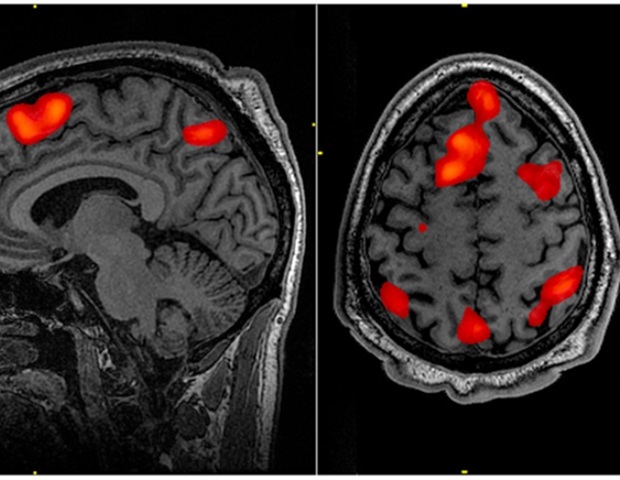A quick finger prick and a few drops of blood on a card that can be sent in regular mail. This approach could soon make Alzheimer's testing much more accessible worldwide. A European study led by researchers at the University of Gothenburg, Sweden, is paving the way for this method.
The biomarkers measured in this test have been developed over a long period and have shown strong performance - initially in cerebrospinal fluid, then in venous blood samples, and now in blood from superficial vessels in the finger. The new test involves collecting one or two drops of blood from a finger prick onto a special card, which immediately separates blood cells from the plasma. After approximately 15 minutes, once the card has dried, it is sent by regular mail to a laboratory, where modern high-sensitivity techniques are used to analyze it.
As effective as venous blood sampling The current study includes capillary blood samples from 203 people who underwent the finger prick test at one of five memory clinics in Europe. The simple test kit was then mailed to the neurochemistry department at the University of Gothenburg, where established biomarkers for Alzheimer's, such as pTau217, were analyzed. The results were presented at the CTAD (Clinical Trials on Alzheimer's Disease) conference in Madrid, Spain, on October 30, 2024, by Hanna Huber, a researcher at the University of Gothenburg's Sahlgrenska Academy: The simple capillary blood test works almost as well as venous samples, but unlike t.

















